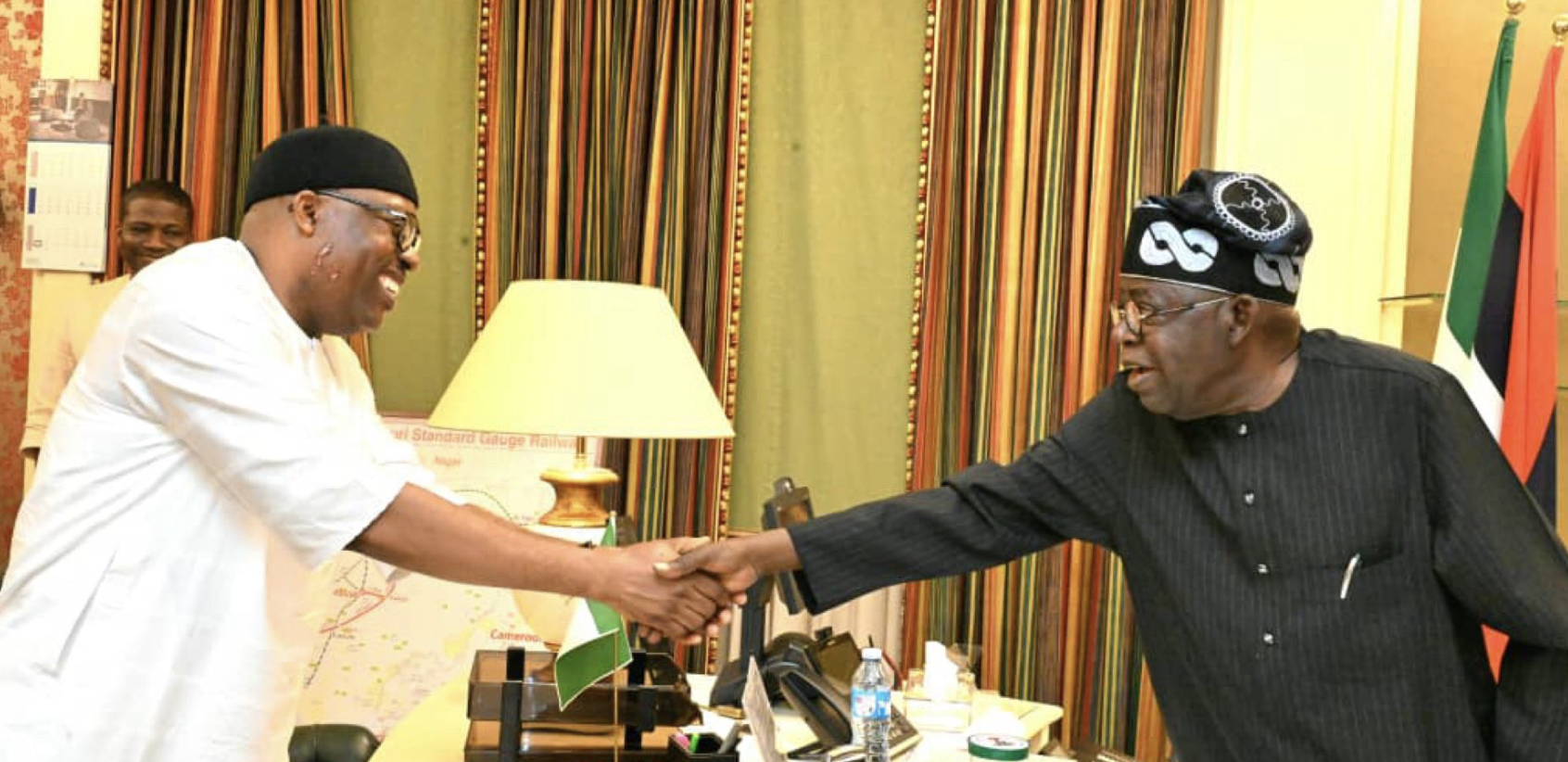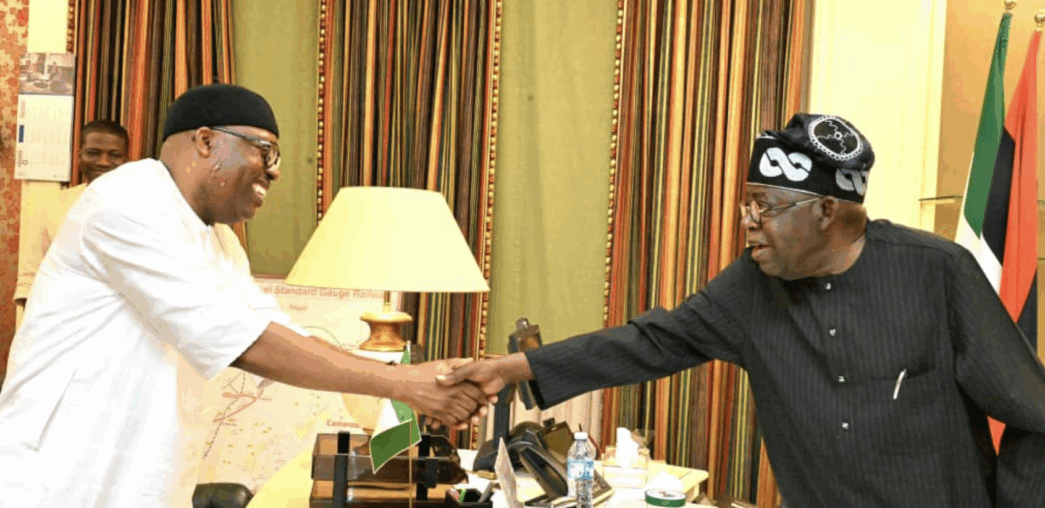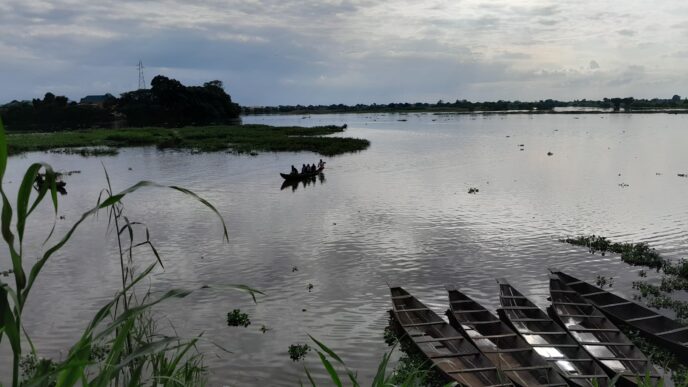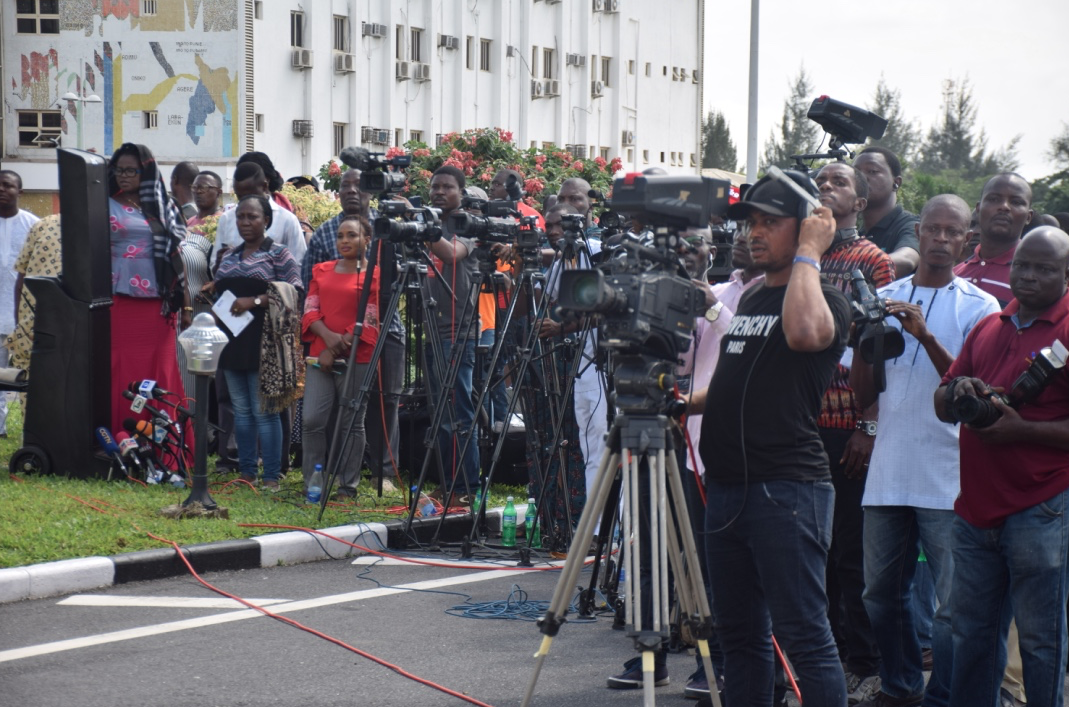BY OLU ALLEN
With Nyesom Wike’s influence waning and President Bola Tinubu eyeing 2027, Governor Sim Fubara faces a defining choice — remain tethered to a fading godfather or step into national relevance.
Rivers politics has always been a theatre, but over the past year, it has turned into Nigeria’s most gripping reality show. Fubara, after six months of emergency rule imposed by President Bola Tinubu, has returned to the government house amid a wave of jubilation.
To his supporters, he is the man who weathered the storm. To his opponents, the puzzle is what comes next.
Advertisement
At the centre of it all hangs a single question: can Fubara finally step out of the shadow of Wike, his powerful predecessor and now minister of the FCT? Or will he remain tethered to a political godfather who no longer commands the same fear or loyalty in Rivers?
The fading Wike factor
For more than a decade, Wike styled himself as the architect of Rivers politics. Even during the recent crisis, he boasted of “speaking with Fubara” before the governor’s reinstatement, presenting himself as mediator. But his arsenal is visibly depleted.
Advertisement
His romance with the APC alienated much of his PDP base, and his capacity to dictate the terms of power in Rivers has shrunk. With Fubara firmly back in office, Wike’s leverage is more perception than reality.
Fubara’s crisis management — silence, restraint, and refusal to openly defy the federal government — once seemed like passivity. In hindsight, it looks like calculation. He avoided direct confrontation, maintained legitimacy, and allowed Wike’s aura of invincibility to dim on its own.
Why Tinubu needs Fubara
For President Tinubu, 2027 already looms large. Securing footholds in the south-south, particularly in oil-rich Rivers, is non-negotiable. Rivers offers three assets Tinubu cannot overlook:
Advertisement
Popular legitimacy: The sea of supporters at the airport and government house during Fubara’s return underscored massive grassroots backing. Tinubu admires politicians who can command the street.
Economic muscle: Rivers is not just an oil hub; it is a revenue heavyweight whose cooperation can drive federal priorities.
Political stability: A calm Rivers, free from endless factional wars, strengthens Tinubu’s broader national standing.
By forging a direct alliance with Tinubu, Fubara can transform from embattled governor to indispensable partner.
Advertisement
The quiet strategy
This path does not require fireworks or insults. It requires quiet, deliberate positioning:
Advertisement
Praise Abuja, sideline the past: Publicly credit Tinubu for restoring peace, while resisting the urge to mention Wike. Silence can wound more than open rebuke.
Direct channels: Deepen private meetings with Tinubu. Negotiate Rivers’ development agenda without intermediaries.
Advertisement
Narrative control: Shape the story that Fubara’s mandate comes from the Rivers people, not Abuja fixers or past governors.
Strategic accountability: If probing past administrations becomes necessary, it should be subtle, deliberate, and backed by Abuja. The mere suggestion of scrutiny is enough to keep Wike off balance.
Advertisement
The potential prize
The payoff is enormous. Breaking from Wike secures Fubara’s autonomy. With Tinubu’s backing, he gains immunity against impeachment plots or fresh federal interventions.
More crucially, he positions himself as the south-south anchor of the ruling coalition. That visibility will matter not just in 2027 but in whatever political role follows. It is the rare chance to graduate from protégé to power broker. Few Nigerian governors ever get such an opening.
The risks ahead
Wike will not fade away quietly. His loyalists will fight back, though their reach is shrinking without the Rivers machinery.
The bigger risk is perception. Critics will brand Fubara a sell-out for aligning with Tinubu. To blunt this, he must frame his choices as governance, not politics: prioritising peace, development, and stability over ego battles.
In Nigerian politics, survival depends less on fighting every war than on knowing which wars to sidestep.
The calculation
Fubara now stands at a decisive crossroads. One option is to remain tethered to a fading godfather. The other is to leverage his renewed legitimacy and cut a direct line to the presidency.
The first option keeps him subordinate. The second elevates him to a player in the national game.
The calculation is clear: align with Tinubu, sideline Wike, and deploy Rivers’ resources, popularity, and strategic heft to cement his place.
If he plays it right, Rivers will not just survive a constitutional crisis. It will have a governor who finally stepped out of the shadows — and learned how to rule.
Olu Allen writes from Kano on public affairs and governance.
Views expressed by contributors are strictly personal and not of TheCable.











